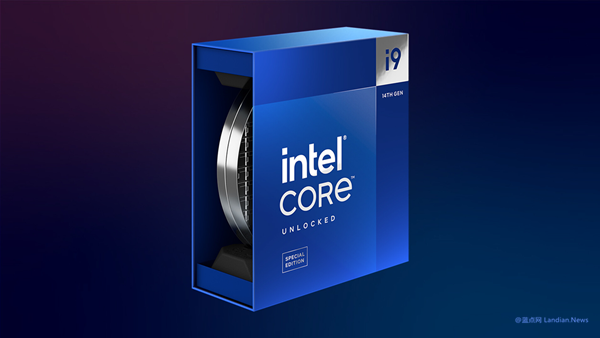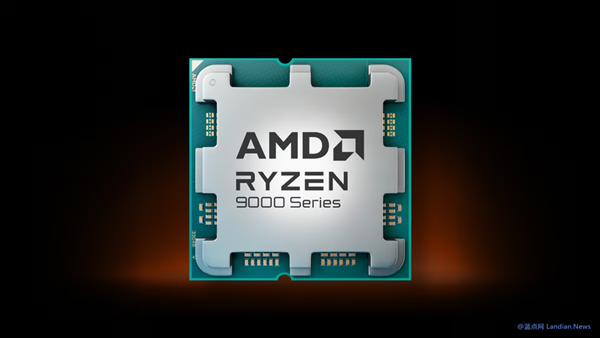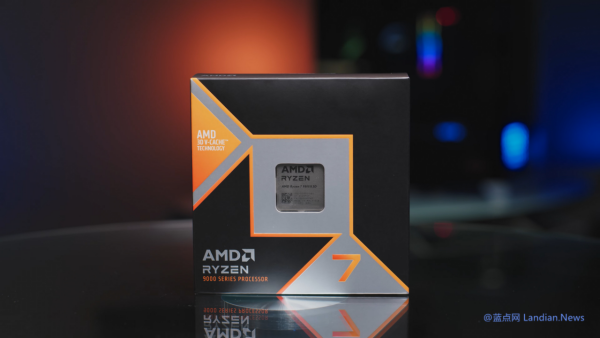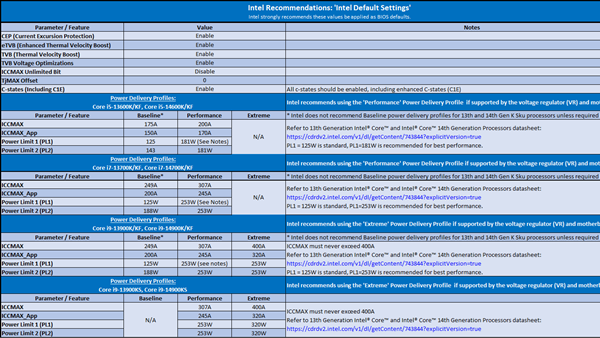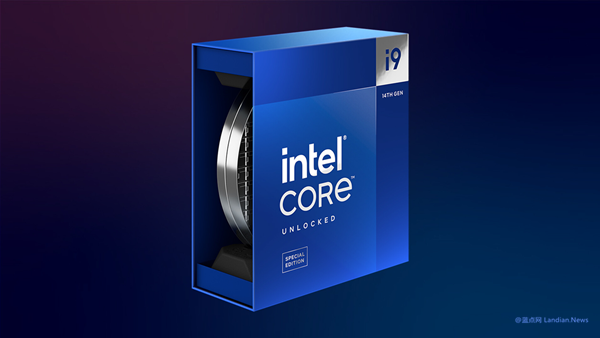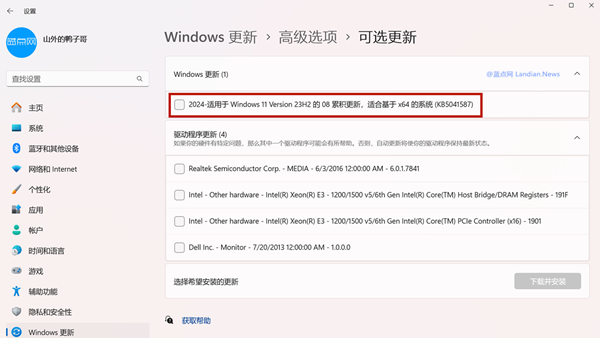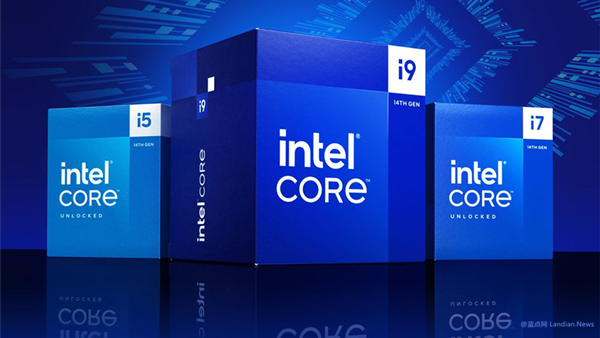Beware: Overclocking Your AMD Ryzen 7 5800X3D Could Permanently Damage the CPU Due to OEM Software Issues
According to recent findings published by Igor Lab, one of the top gaming processors, the AMD Ryzen 7 5800X3D, is at risk of permanent damage when overclocked. The issue appears to stem from problematic OEM overclocking software.
Igor Lab first discovered an error in the MSI Center, which allowed users to bypass AMD's set voltage and frequency limits by continuing to overclock and overvolt above the permissible thresholds.
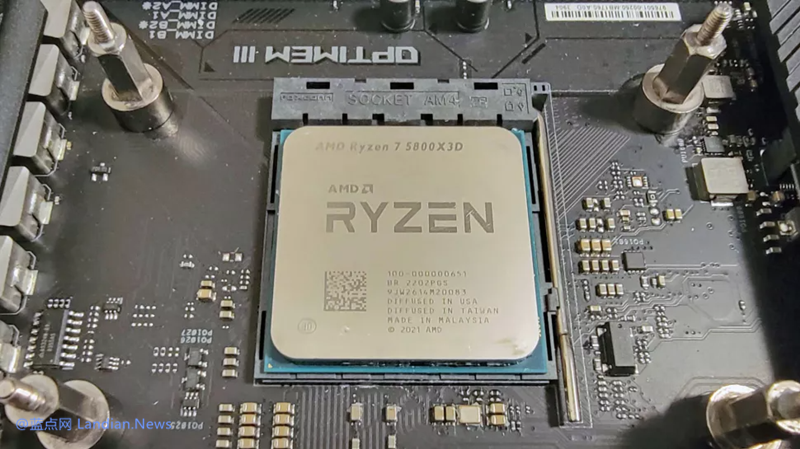
Widespread Issue Across Multiple Manufacturers
It's important to note that the issue isn't limited to MSI alone. Testing has revealed that similar problems exist within the OEM software provided by ASUS, Gigabyte, and ASRock, making this a widespread concern.
During their experiments, Igor Lab found that after attempting to overvolt the 5800X3D to 1.3v or higher, the processor would immediately crash. After two tests, the second attempt resulted in a computer shutdown and an inability to restart.
3D-VCache and Overheating Issues
The 5800X3D has a rated voltage of 1.5v, and it can even be overclocked to 1.55v. However, the processor uses 3D-VCache technology, incorporating 32MB of built-in cache and an additional 64MB of L3 cache, totaling 96MB. AMD previously discovered that this external cache severely impacts the CPU's heat dissipation, causing the processor to automatically run at a lower frequency, which affects its performance.
As a solution, AMD released firmware that lowered the rated voltage from 1.5v to 1.35v. This essentially confirmed that the external L3 cache negatively impacts heat dissipation, which cannot be resolved through software alone.
Potential Connection to Overheating and CPU Failures
The current attempts to overclock and overvolt the 5800X3D, which result in CPU failures, may also be due to heat dissipation issues. Previously, when operating at 1.55v, the processor would only experience a decrease in frequency without a complete shutdown.
Two weeks ago, a YouTube user also experienced CPU failure when overclocking a 7950X3D, and it remains unclear if the causes are the same. Regardless, AMD is expected to release firmware updates or provide guidance to OEMs for software updates to prevent users from bypassing the set limitations.
